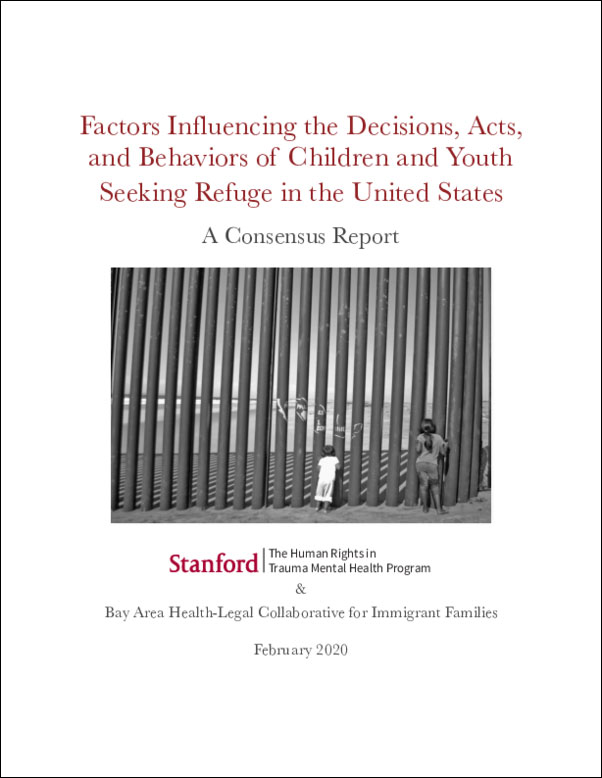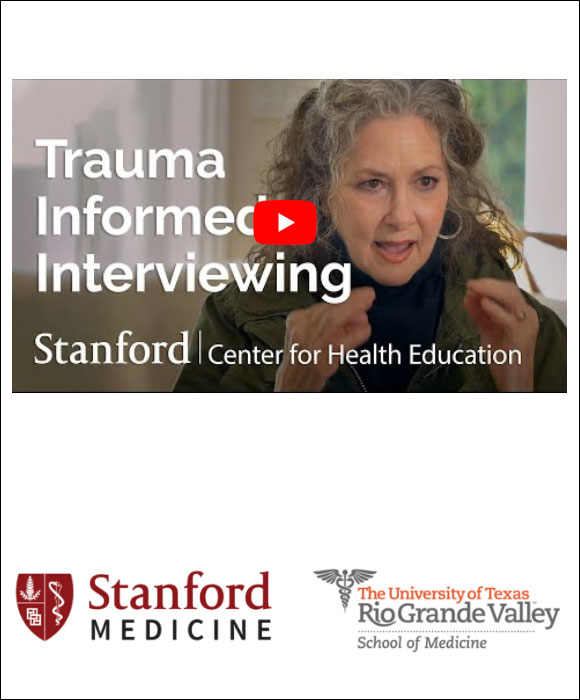No Results Found
The page you requested could not be found. Try refining your search, or use the navigation above to locate the post.
Physicians for Human Rights published a new research brief that details the health harms that health care workers have observed as a result of the expansion in immigration enforcement policies across the country. Medical professionals report that fear is already contributing to negative health outcomes, including delayed care, missed preventive services, treatment interruptions, and patients arriving for care later and sicker. This brief spotlights the impacts of the Trump administration’s immigration policies, practices, and rhetoric on health care providers’ ability to deliver proper care to their patients, as well as their patients’ care-seeking behaviors.
This resource was created and is maintained by a coalition of healthcare providers in the Bay Area to support healthcare professionals working with immigrant families. Our goal is to provide an accurate, up to date and easily navigable source of information on immigration policy, its effects on health, and best practices for those working in healthcare.
The current report summarizes the range of effects that childhood trauma and complex trauma can have over the course of the lifespan and the implications that the diverse manifestations of traumatic stress can have for individuals seeking asylum and other humanitarian relief in the U.S. immigration system.
An efficient and just immigration system accounts for the complex impacts of trauma exposure in adjudication processes and outcomes, and trauma-responsive practices in immigration systems can reduce distress for all parties involved, including adjudicators themselves.
This Guide is intended to support mental health providers in effectively serving unaccompanied children released from federal immigration custody. Developed by children’s rights attorneys and mental health experts on trauma and immigration, this Guide provides context on the distinctive experiences unaccompanied children carry with them and offers guidance on how to meet the therapeutic needs of these children.

The report reviews the developmental, psychological, and environmental factors that influence the conduct and behaviors of children and youth (generally, ages 6-25) seeking refuge in the United States. During immigration proceedings, interpretations and assumptions regarding child and youth behavioral histories commonly influence legal and judicial decisions. These include decisions, acts, and behaviors relating to child and youth histories in their country of origin, as well as histories during their time in the United States. This consensus report reviews general considerations relevant for interpreting child and youth behavior, as well as specific factors and experiences that are particularly relevant for immigrant child and youth populations.

As a result of the United States’ Zero Tolerance Policy, thousands of children were separated from their caregivers and detained in substandard conditions upon arriving to seek asylum in the US. Forced separation from a primary caregiver, at any age, is considered a major trauma with lasting negative health effects for children and their families.
Through the generosity of the Silicon Valley Community Foundation, experts in trauma-informed care from the Stanford Center for Health Education and the University of Texas at Rio Grande Valley (UTRGV) created this video toolkit to support the work of immigration attorneys who visit with and hear directly from these children.